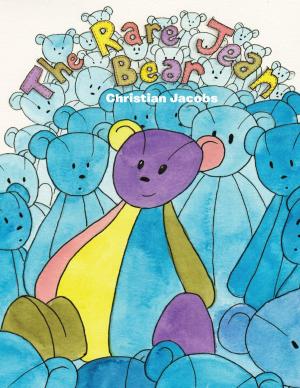Culturally Specific Treatment: A Model for the Treatment of African-American Clients
Nonfiction, Reference & Language, Education & Teaching| Author: | Hattie Wash Psy.D. | ISBN: | 9781483483528 |
| Publisher: | Lulu Publishing Services | Publication: | May 16, 2018 |
| Imprint: | Lulu Publishing Services | Language: | English |
| Author: | Hattie Wash Psy.D. |
| ISBN: | 9781483483528 |
| Publisher: | Lulu Publishing Services |
| Publication: | May 16, 2018 |
| Imprint: | Lulu Publishing Services |
| Language: | English |
Many low-income African-Americans continue to be harmed by problems with alcohol and addiction. The crumbling of urban African-American communities is one of the reasons that have been cited for an increase in addictive behaviors. Illicit drugs have also flooded African-American neighborhoods—making the problem worse. This updated version of her groundbreaking book includes other African-American client populations and a new title. Additionally, a group treatment approach has been added to the model—one that calls for clinicians to understand the history, cultural and psychosocial development of African-Americans from slavery to the present day. The focus is on treating four interrelated relationship areas: physical/biological, political/economic, social/interpersonal, and traditional/spiritual. Everyone is affected by addiction, but it affects different groups differently—and to battle it, we must promote Culturally Specific Treatment.
Many low-income African-Americans continue to be harmed by problems with alcohol and addiction. The crumbling of urban African-American communities is one of the reasons that have been cited for an increase in addictive behaviors. Illicit drugs have also flooded African-American neighborhoods—making the problem worse. This updated version of her groundbreaking book includes other African-American client populations and a new title. Additionally, a group treatment approach has been added to the model—one that calls for clinicians to understand the history, cultural and psychosocial development of African-Americans from slavery to the present day. The focus is on treating four interrelated relationship areas: physical/biological, political/economic, social/interpersonal, and traditional/spiritual. Everyone is affected by addiction, but it affects different groups differently—and to battle it, we must promote Culturally Specific Treatment.















